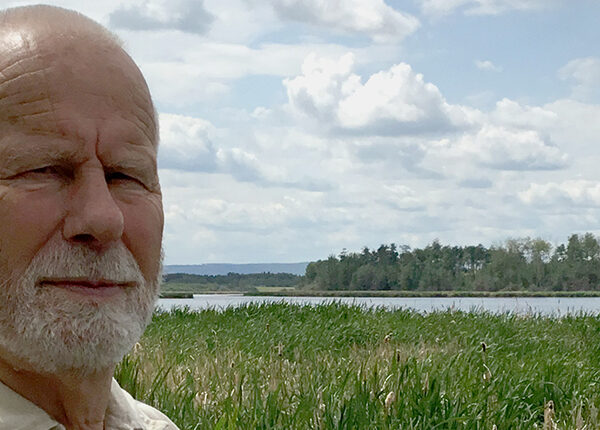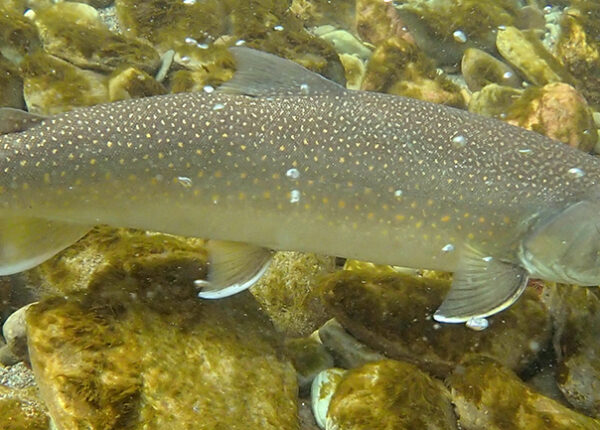Scott West sub-population herd likely extirpated
Many central mountain caribou populations throughout British Columbia have declined significantly over the years. A project, funded by the FWCP, attempted to determine if one sub population, the Scott West Caribou herd was still in existence, but the results indicate that it is likely extirpated – or locally extinct.
First Nations and long-time residents of the Mackenzie area have reported that, historically, the caribou in the Scott herd made seasonal migrations from the mountains in the west across the Parsnip River east to low elevation pine-lichen stands near what is now the Manson Peninsula. The creation of the Parsnip Arm of the Williston Reservoir separated this Woodland Caribou population into two separate sub-populations: the Scott West and Scott East herds.
For three years, the project, led by Wildlife Infometrics in collaboration with Tsay Keh Dene Nation Lands, Resources and Treaty Operations, Chu Cho Environmental, and support from Ministry of Environment, used a variety of survey techniques to determine if any caribou were present. These included aerial searches and camera trapping, as well as seeking the public’s help to collect information on recent or historic observations of caribou within the Scott West herd area.
Over the duration of the three-year project only three confident sightings of tracks were reported. The most recent sightings were of two caribou in the fall of 2016 along Finlay Forest Service Road.
The results suggest there is no longer a local population of caribou thriving in the Scott West area. The final report recommends that the population estimate of the Scott West sub-population of the Scott herd be down-graded to “of trace occurrence” with the high likelihood of extirpation. There is low probability of recovering the remnant population based on the extremely low population size and the current levels of habitat disturbance.





